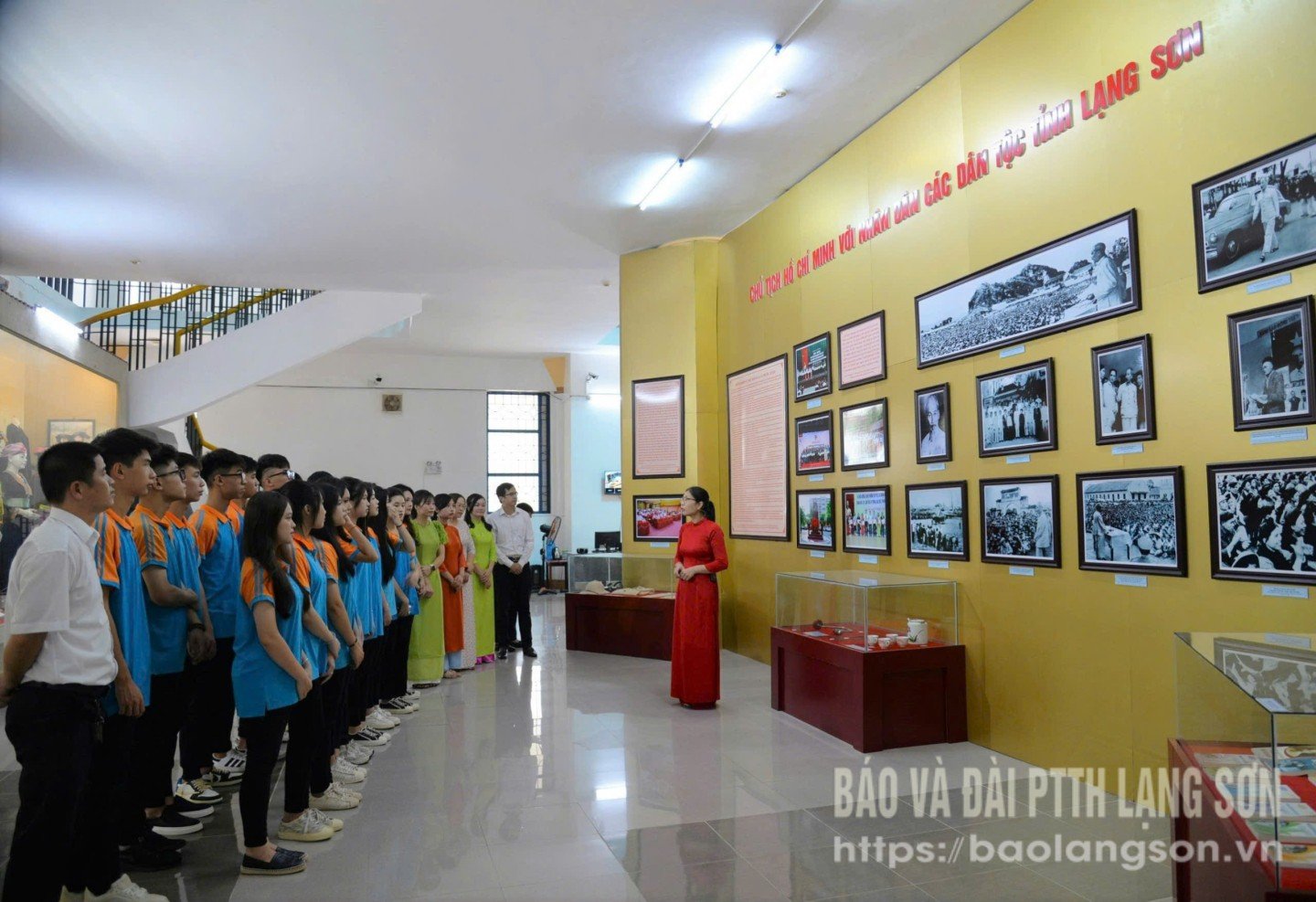
On April 11, 2025, the Ministry of Culture, Sports and Tourism issued Decision No. 1000 promulgating the code of professional conduct for people working in cultural heritage, including general codes of conduct and 5 specific codes: codes of conduct in professional activities (in the fields of museums, relics, intangible cultural heritage, documentary heritage and information); codes of conduct towards colleagues; codes of conduct towards organizations and individuals participating in research and visiting cultural heritage; codes of conduct in the press, media, and cyberspace; codes of conduct when participating in other social activities.
As one of the units under the Department of Culture, Sports and Tourism (DOCST), the Provincial Museum currently has 24 officers, civil servants and employees, with the functionof educating traditions, preserving, maintaining and promoting the value of historical, cultural and natural heritage through research, collection, inventory, preservation, display, propaganda and exhibition activities; guiding activities to preserve and promote the value of relics, types of tangible and intangible cultural heritage in the province. Accordingly, 100% of officers, civil servants and employees have been thoroughly informed of the code of professional conduct for those working in cultural heritage.
The rules require those working in heritage to uphold the spirit of solidarity, be active, and proactive in coordinating with colleagues in performing their duties; not to shirk responsibility or shirk assigned work or tasks; not to take advantage of professional activities for personal gain; to disseminate and guide organizations and individuals to properly implement legal provisions and principles in managing, protecting and promoting the value of cultural heritage; to actively research and apply science and technology to improve and enhance the quality and efficiency of work; to proactively propose and advise on the development of policies, legal documents, projects and programs to protect and promote the value of cultural heritage;... |
Ms. Luong Thuy Hong, a guide at the Provincial Museum, said: Through research and understanding of the unit's leaders on the code of professional conduct for those working in cultural heritage, I am always deeply aware of my responsibility to always comply with the provisions of the law on cultural heritage, other relevant legal provisions and the internal regulations and rules of the museum. At the same time, I always maintain a professional, polite and thoughtful attitude when interacting with visitors; ensuring that the information provided to visitors about artifacts or historical and cultural events is accurate and honest.
Not only the Provincial Museum, currently, the whole province has over 600 cadres, civil servants, public employees, and workers working on cultural heritage at agencies and units under the Department of Culture, Sports and Tourism; People's Committees at district and commune levels; and over 300 members of associations related to the work of preserving and promoting the value of cultural heritage (Provincial Association of Literature, Arts and Journalists; Provincial Cultural Heritage Association; Provincial Folk Song Conservation Association). Cultural heritage is a valuable asset bearing the characteristics of each country and ethnic group, playing an important role in the cause of socio-economic development and the community. To contribute to the effective management, preservation, and promotion of cultural heritage, the team working on cultural heritage plays an important role.
Mr. Nguyen Dang An, Director of the Department of Culture, Sports and Tourism, said: The promulgation of the Code of Professional Conduct is of great significance, defining standards of behavior, thereby unifying the awareness and actions of those working in cultural heritage, preventing negative behaviors, distortions, deviations and risks of loss and destruction of heritage in the activities of protecting and promoting the value of cultural heritage. Immediately after the Ministry of Culture, Sports and Tourism issued the code, we issued a document requesting relevant associations; departments and units under the Department; People's Committees of districts and cities to pay attention and coordinate in implementing it, in which, promoting propaganda work in appropriate forms, consistent with the functions, tasks, operating regulations, and actual conditions of each agency, unit, and locality.
Accordingly, relevant agencies and units have organized propaganda, dissemination, dissemination and implementation of the Code of Professional Conduct for Cultural Heritage Workers to 100% of cadres, civil servants, public employees, workers and related organizations and individuals. In addition, agencies and units have also reviewed, researched and integrated the development and completion of internal regulations, rules, and regulations on codes of conduct and professional ethics for civil servants, public employees and members in their units and organizations.
Ms. Nong Thi Huong Giang, Secretary of the Party Committee of Mai Pha Commune, Lang Son City, said: The commune currently has 2 relics that have been ranked at the national level (Mai Pha Archaeological Site, Mai Thanh Village) and at the provincial level (Khanh Son Temple Relic, Na Chuong Village). Previously, in order to effectively manage the relics, the commune established a Relic Management Board, promulgating its own regulations and rules when visiting the relics. After receiving instructions from superiors, we have disseminated and thoroughly informed 100% of the commune's professional staff, especially those in charge of the cultural sector, about the meaning and content of the rules. Based on the content of the rules, we have assigned the professional staff to research and supplement the internal regulations, rules, and regulations on the code of conduct and professional ethics of civil servants and public employees in Mai Pha Commune to ensure suitability. Through understanding, since the rules were implemented, cadres and civil servants working in cultural heritage have strictly complied, always been aware and responsible for implementing measures to protect relics.
In addition, the Department of Culture, Sports and Tourism also assigned the Department of Culture and Family Management to be the focal point to monitor and synthesize difficulties and recommendations of agencies and units (if any) to study and propose appropriate amendments and supplements. Up to now, after more than 3 weeks of promulgation and implementation, the rules have initially brought about positive effects and received consensus and implementation response from 100% of cadres, civil servants, public employees, workers, organizations and individuals involved. The promulgation of the rules contributes to affirming the role and responsibility of those working in cultural heritage, building and developing an advanced culture, imbued with national identity, meeting the requirements of sustainable development of the country.
It can be said that the team of cultural heritage workers who have a firm grasp of expertise, professional skills and professional codes of conduct plays an important role in preserving and promoting the existing cultural heritages of Lang Son. In the coming time, the Department of Culture, Sports and Tourism will coordinate with relevant agencies and units to strengthen inspection, grasp the situation, promptly detect and strictly handle cases of taking advantage of the name of cultural heritage workers to commit illegal acts; propose, introduce, commend, honor, disseminate and replicate good examples, good practices, and effective models in implementing the Code of Professional Conduct for cultural heritage workers.
Source: https://baolangson.vn/xay-dung-doi-ngu-chuan-muc-lam-cong-tac-di-san-van-hoa-5046214.html


![[Photo] Journalists moved to tears at the Memorial Service for the soldiers who died in Gac Ma](https://vphoto.vietnam.vn/thumb/1200x675/vietnam/resource/IMAGE/2025/5/30/9454613a55c54c16bf8c0efa51883456)
![[Photo] National Conference "100 years of Vietnamese Revolutionary Press accompanying the glorious cause of the Party and the nation"](https://vphoto.vietnam.vn/thumb/1200x675/vietnam/resource/IMAGE/2025/5/30/1cf6cd5c8a934ebfa347028dcb08358c)



![[Photo] General Secretary To Lam receives Chief of the Central Office of the Lao People's Revolutionary Party](https://vphoto.vietnam.vn/thumb/1200x675/vietnam/resource/IMAGE/2025/5/30/140435f4b39d4599a3d17975dfb444c5)
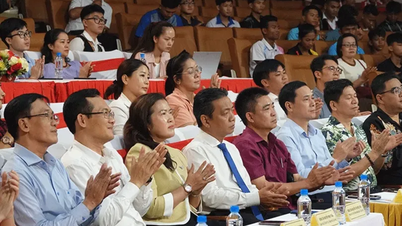

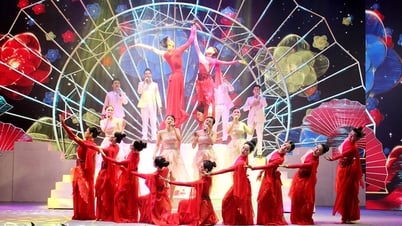

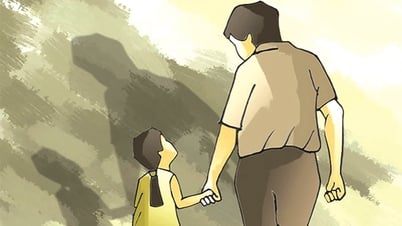

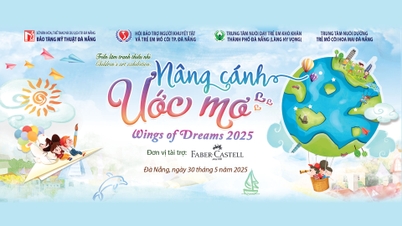


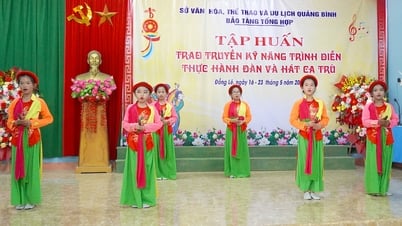







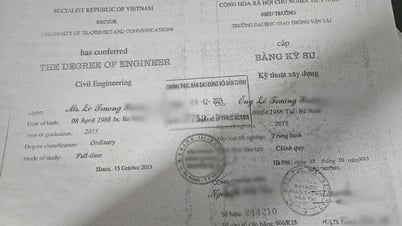

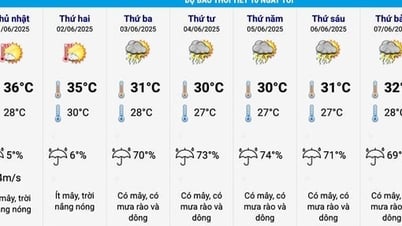
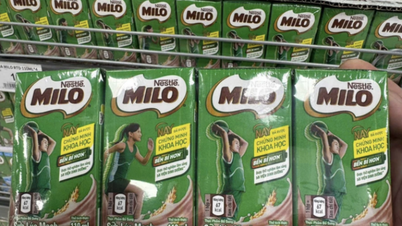
![[Photo] A delegation of 100 journalists from the Vietnam Journalists Association visits the soldiers and people of Truong Sa island district.](https://vphoto.vietnam.vn/thumb/1200x675/vietnam/resource/IMAGE/2025/5/30/0984a986227d4e988177f560d2e1563e)












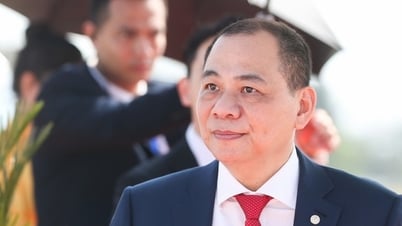















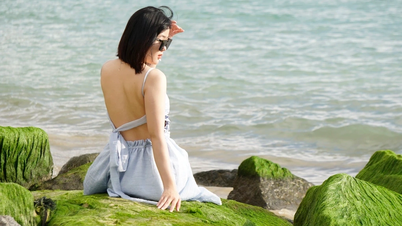

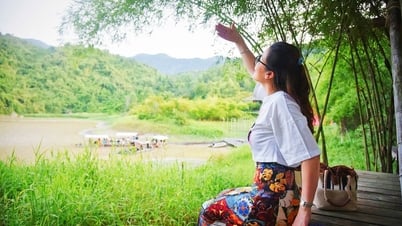
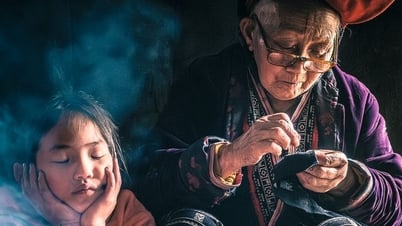

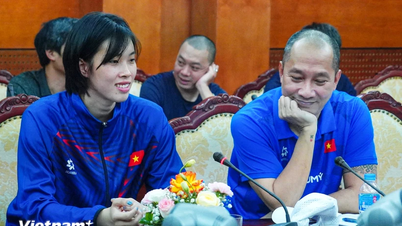






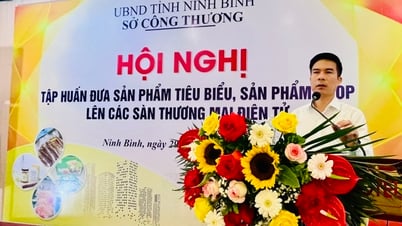
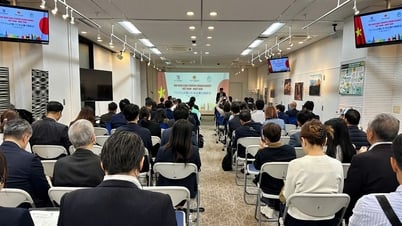

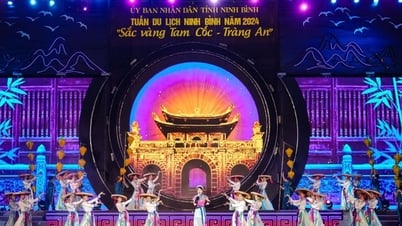

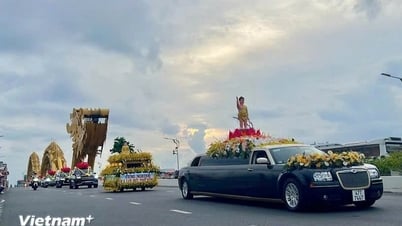
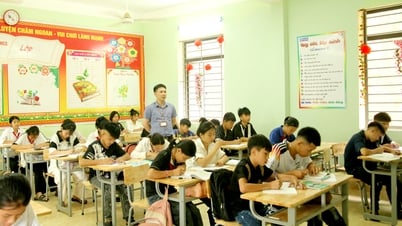

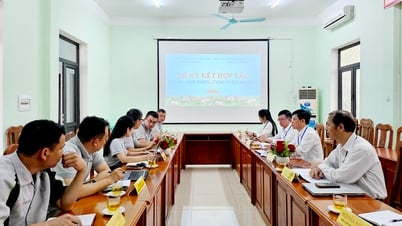
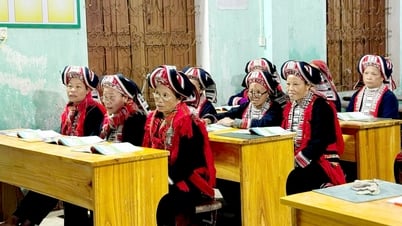


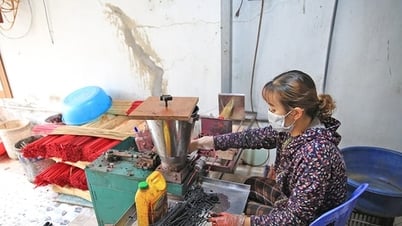









Comment (0)